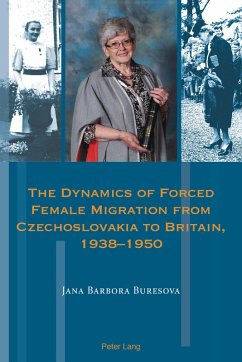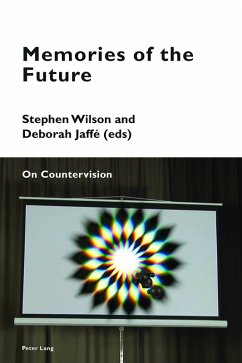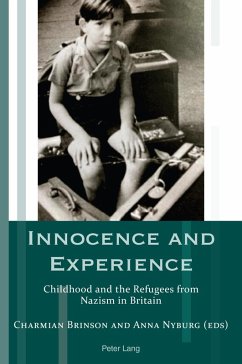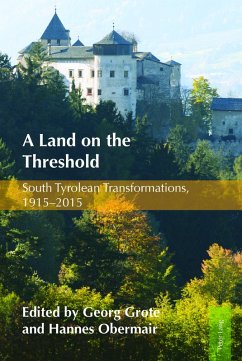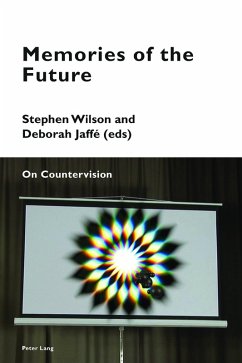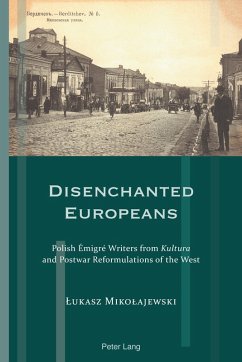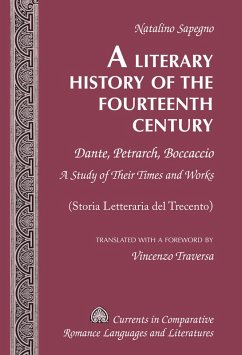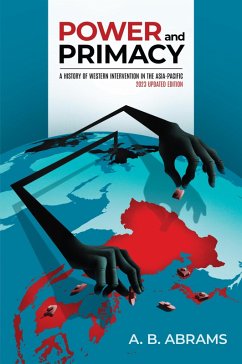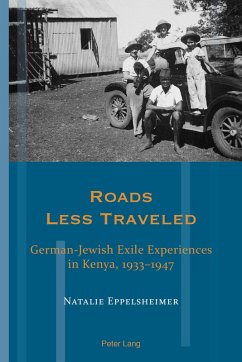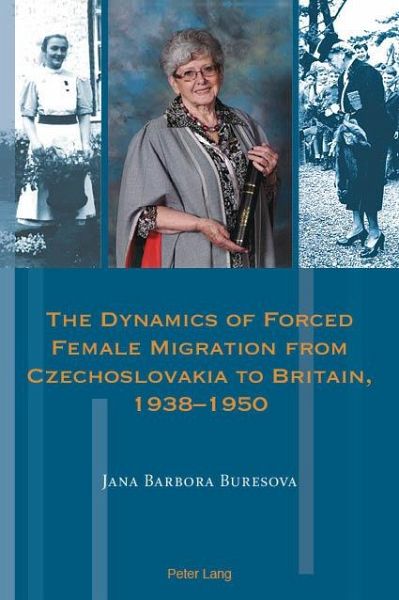
The Dynamics of Forced Female Migration from Czechoslovakia to Britain, 1938-1950 (eBook, PDF)
Versandkostenfrei!
Sofort per Download lieferbar
Statt: 76,70 €**
61,95 €
inkl. MwSt.
**Preis der gedruckten Ausgabe (Broschiertes Buch)
Alle Infos zum eBook verschenkenWeitere Ausgaben:

PAYBACK Punkte
31 °P sammeln!
Awarded the Honorary Silver Medal of Jan MasarykThe study of Czechoslovak women refugees in Britain is noticeably missing from current research and Anglo-Czechoslovak historiography. This book explores the diverse experiences, dilemmas and contributions to Britain of these women within a socio-political context, commencing with the 1938 Munich Agreement that precipitated exile.An essential difference between this and many other studies of exile is the focus on nationality (Czechoslovak) and gender (women), rather than either element alone. Moreover, archival research is complemented by oral in...
Awarded the Honorary Silver Medal of Jan Masaryk
The study of Czechoslovak women refugees in Britain is noticeably missing from current research and Anglo-Czechoslovak historiography. This book explores the diverse experiences, dilemmas and contributions to Britain of these women within a socio-political context, commencing with the 1938 Munich Agreement that precipitated exile.
An essential difference between this and many other studies of exile is the focus on nationality (Czechoslovak) and gender (women), rather than either element alone. Moreover, archival research is complemented by oral interviews with former refugees, presenting a more detailed and nuanced approach to their experiences, including wartime roles in the armed services, Czechoslovak Red Cross, women's organizations and patriotic cultural societies.
The study of Czechoslovak women refugees in Britain is noticeably missing from current research and Anglo-Czechoslovak historiography. This book explores the diverse experiences, dilemmas and contributions to Britain of these women within a socio-political context, commencing with the 1938 Munich Agreement that precipitated exile.
An essential difference between this and many other studies of exile is the focus on nationality (Czechoslovak) and gender (women), rather than either element alone. Moreover, archival research is complemented by oral interviews with former refugees, presenting a more detailed and nuanced approach to their experiences, including wartime roles in the armed services, Czechoslovak Red Cross, women's organizations and patriotic cultural societies.
Dieser Download kann aus rechtlichen Gründen nur mit Rechnungsadresse in A, D ausgeliefert werden.




